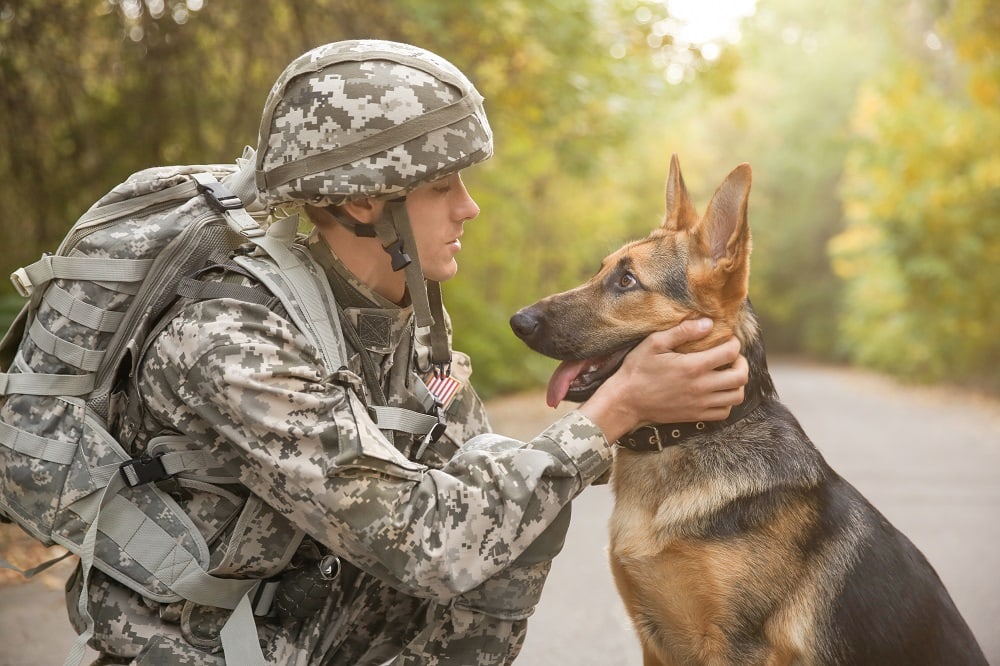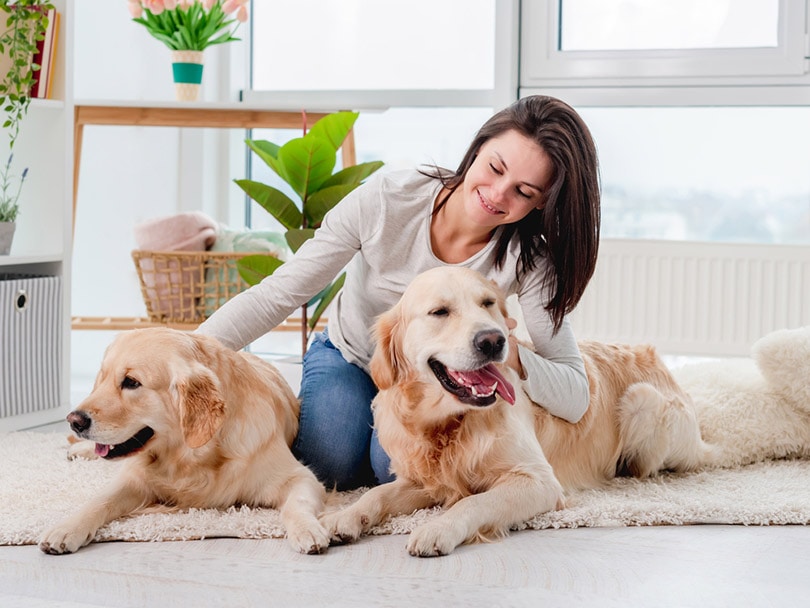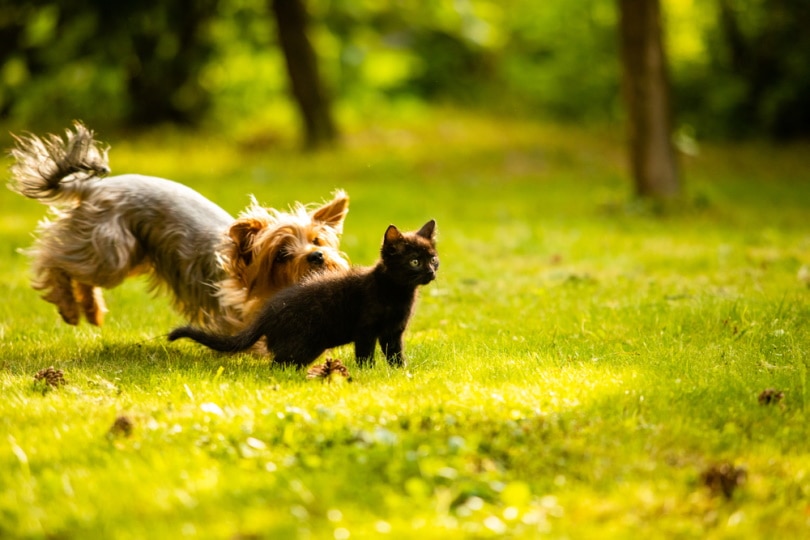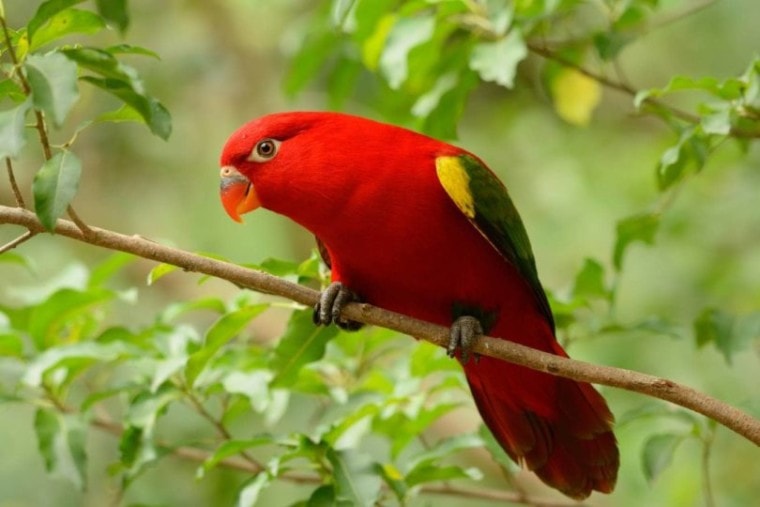
If you just started noticing that your parrot is sneezing, it might be time to take action. Sometimes, sneezing is a normal condition for a parrot, but other times, it can be a sign of a deeper problem.
So, what does it mean when your parrot starts to sneeze, and what should you do, if anything? We’ll help you tell the difference between normal and potentially harmful sneezes and break down everything else that you need to know about parrot sneezes here!
How Often Should Parrots Sneeze?
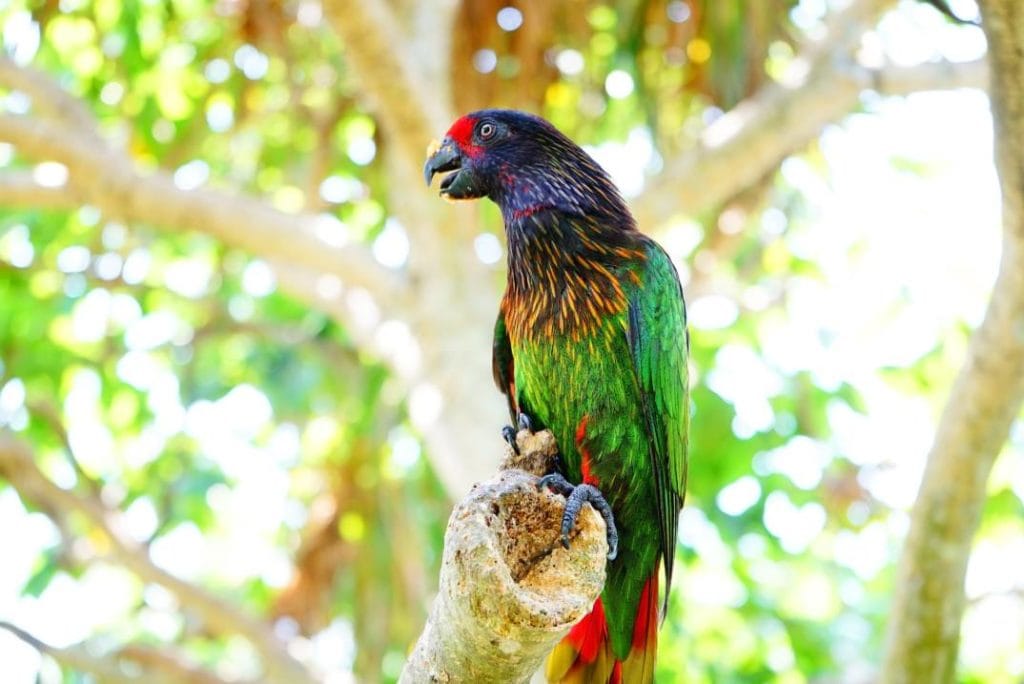
Before you rush off to the vet or completely rearrange your parrot’s enclosure, you need to ask yourself if your parrot is sneezing an abnormal amount. It’s entirely normal for a parrot to sneeze.
In fact, a typical parrot will sneeze once or twice a day to clear their nasal passages and prevent infection. If that’s all that you hear your parrot sneezing, they don’t have a problem. But if your parrot is sneezing more than that, keep reading to find out what could be going on!
 The 7 Common Causes of Parrot Sneezing
The 7 Common Causes of Parrot Sneezing
Believe it or not, there are plenty of reasons that your parrot could be sneezing more than usual, and most of them don’t warrant a trip to the vet. Here, we highlighted the seven most common reasons that your parrot might be sneezing so frequently.
1. Dust
Just like dust can disrupt your nasal passages and make you sneeze, the same is true for your parrot. Whether it’s dust around the room or in their enclosure, when they move around and stir things up, this can cause them to sneeze.
But a dusty environment is more than a sneezing inconvenience for your parrot. It can lead to respiratory problems and other health concerns.

2. Fragrances
Just like specific scents can irritate some peoples’ noses, some smells can irritate your parrot. There’s not a list of particular scents that they can’t handle, but it’s best to avoid all artificial fragrances. However, if you’re using natural fragrances, that should be fine.
In short, scented candles and wax cubes can be a problem, but fresh mint or cinnamon shouldn’t lead to any concerns!
3. Mites
Mites are small little parasites that can find a comfy home on your parrot if you don’t maintain their cage conditions. A mite infestation can lead to various problems, including feather plucking, sneezing, and possible respiratory infections.
All of this can be a serious problem. If your feathered friend has a mite infestation, you need to take them to the vet to get them the proper medications, and you need to get their cage conditions under control so they don’t come back.
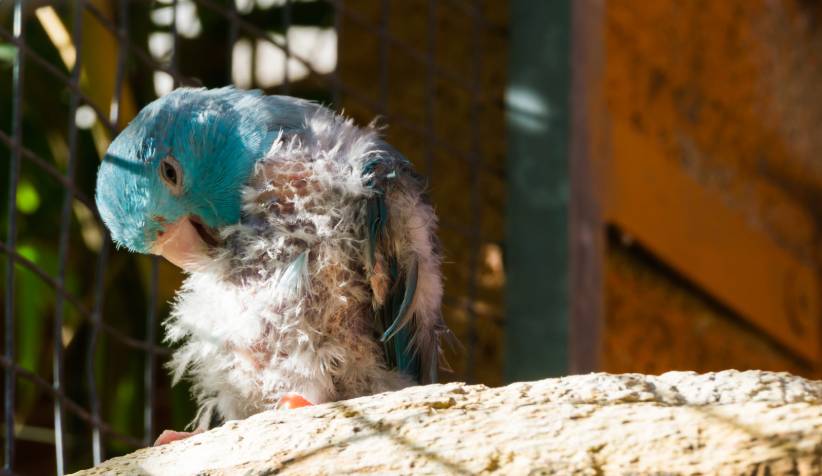
4. Allergies
Unlike humans who often suffer from seasonal allergies, most allergies in parrots come from environmental factors. Scented objects, cleaners, and even their food can trigger allergic reactions.
If you notice that your parrot is sneezing frequently before or after meals, considering switching to a different high-quality parrot food. Most of the time, if your parrot is allergic to their food, it’s a low-quality option, which can lead to a litany of problems on its own.
5. Dry Air
Parrots are used to a bit of moisture in the air, and if they live in a dry environment, this can irritate their airways and make them sneeze. Not only is this uncomfortable for your parrot, but it can also lead to health problems.
6. Respiratory Problems
If your parrot has a respiratory problem, they might end up sneezing far more than expected as they try to clear out their nasal passages. However, if your parrot is sick, they won’t only be sneezing. Respiratory problems typically have a nasal discharge that accompanies the sneezes.
If this is the case for your parrot, then they likely aren’t suffering from allergies or other environmental concerns.
If your parrot is sneezing and has nasal discharge, you need to take them to the vet for a proper diagnosis and to get them on the necessary medication.
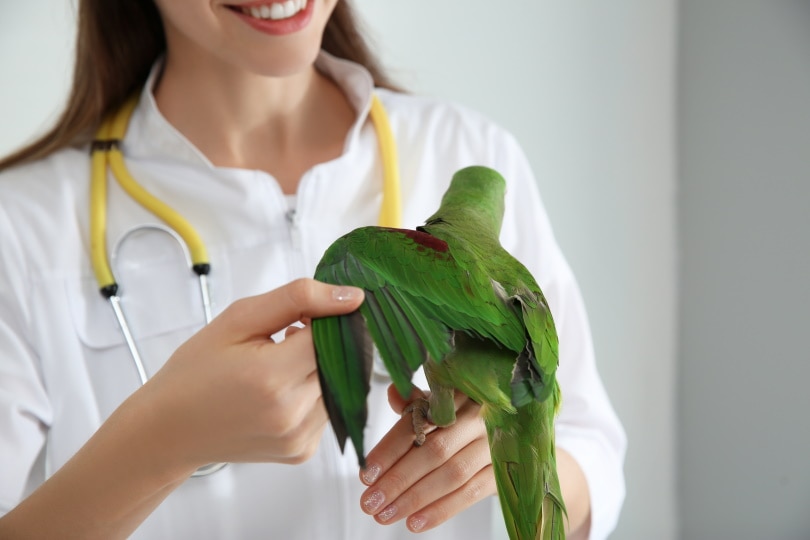
7. Mimicking
Have you been sick recently or do you sneeze frequently? If so, there’s a chance that there’s nothing wrong with your parrot, but they’re just copying what they hear! Parrots are masterful mimickers, and if they decide to start mimicking your sneezes, there might be nothing wrong in the first place!
What to Do About Parrot Sneezing
Just because your parrot is sneezing excessively, that doesn’t necessarily mean you need to run to the vet. But it does mean you need to do something to address the problem. Here, we highlighted five different things that you can try to resolve the problem before you head to the vet.
1. Clean
Most of the time, your parrot is sneezing because of environmental factors. Give everything a solid cleaning to remove any dust or other potential pathogens that could be lingering.
Just be sure to use an unscented cleaner. Otherwise, the cleaning supplies might be triggering the reaction!
2. Remove Smells
We all love having scented candles, perfumes, and other fragrances, but your parrot may not appreciate it. Parrots don’t have the same robust respiratory system humans have, so they can’t handle fragrances as well.
But if you simply can’t go without scents, consider a natural alternative. Most parrots can handle natural smells, so you’re not completely out of luck.
3. Change Their Food
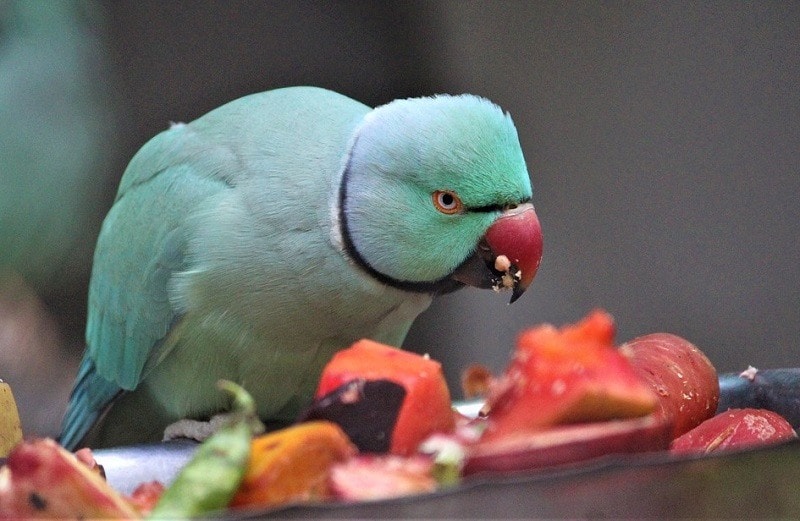
Many parrots are allergic to some of the filler ingredients in low-quality food. The solution to your parrot’s sneezing problem might be as simple as upgrading their food!
Not only will this help with their allergies, but it also gives them more vitamins and other essential nutrients to keep them happy and healthy.
4. Get a Humidifier
While many humans prefer a humidity-free environment, parrots need a little moisture in the air to thrive. Try adding a humidifier to their room to see if it helps with their sneezing problem.
You don’t need to add a humidifier to every room in the house, but at least keep their space as comfortable for them as possible.
5. Take Them to the Vet

If you take a look at your parrot and notice nasal discharge or mites, you need to take them to the vet straight away. But even if you don’t see those two telltale signs, you might need to take a trip to the vet if you can’t get their sneezing under control.
Sneezing is a sign of an underlying problem, and if you ignore it, the problem will likely get worse — not to mention that it’s uncomfortable for your parrot.
So, if you’ve tried everything else and still can’t get it under control, take your parrot to the vet to see if they can help you narrow down the problem.
Conclusion
While you might not think that the occasional sneezing fit by your parrot is a big deal (especially if they’re just mimicking you), it’s only a matter of time until it leads to a larger problem. That’s why you need to do everything that you can to find the source of the issue and rectify it.
Not only will this keep health problems at bay, but it will also make your parrot more comfortable on a daily basis!
- Related Read: 6 Common Reasons for Feather Loss in Parrots
Featured Image Credit: Cowboy54, Shutterstock


 The 7 Common Causes of Parrot Sneezing
The 7 Common Causes of Parrot Sneezing
